Is Your Fish Omnivore, Herbivore or Carnivore?
Updated on 04/26/24
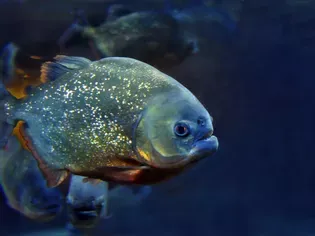
Unlock the Nutritional Secrets: Unveiling the Dietary Preferences of Your Finned Friends
Introduction
In the mesmerizing underwater world, fish exhibit a diverse array of dietary behaviors, ranging from the voracious carnivores to the gentle herbivores. Understanding your fish's nutritional needs is crucial for their well-being and optimal health. This comprehensive guide will demystify the dietary preferences of fish, empowering you with the knowledge to provide the perfect culinary experience for your aquatic companions.
Omnivores: Embracing the Culinary Spectrum
Omnivores, the culinary explorers of the fish world, relish both plant-based and animal-based meals. Their dietary flexibility allows them to thrive in various aquatic environments. Examples of omnivorous fish include:
* Goldfish: These ubiquitous pets are known for their voracious appetites and will consume anything from flakes and pellets to brine shrimp and lettuce.
* Gouramis: These Asian natives enjoy a varied diet that includes algae, invertebrates, and even small fish.
* Betta fish: The Siamese fighting fish is a bit of a gastronomic daredevil, savoring both live and frozen foods, as well as freeze-dried treats.
Herbivores: The Plant-Based Connoisseurs
Herbivores, the vegetarians of the fish world, exclusively consume plant matter, finding sustenance in algae, leafy greens, and other aquatic vegetation. Examples of herbivorous fish include:
* Plecostomus: These armored catfish are renowned for their algae-eating abilities, keeping your tank squeaky clean.
* Rabbitfish: Found in tropical reefs, these fish graze on algae and contribute to the health of coral ecosystems.
* Tangs: These vibrant fish adore seaweed and are essential for maintaining balanced reef environments.
Carnivores: The Apex Predators
Carnivores, the meat-eating maestros of the deep, primarily consume other fish, invertebrates, and small animals. Examples of carnivorous fish include:
* Sharks: These apex predators dominate marine ecosystems, preying on a wide range of fish and marine mammals.
* Tuna: These swift ocean wanderers are voracious hunters, targeting smaller fish and squid.
* Piranhas: These freshwater fish are infamous for their razor-sharp teeth and aggressive feeding behaviors.
Digestive Adaptations: Matching Diet to Physiology
The digestive systems of fish have evolved to accommodate their specific dietary needs. Omnivores possess long intestines with both acidic and alkaline sections, allowing them to efficiently process both plant and animal matter. Herbivores, on the other hand, have longer and more alkaline intestines, optimized for digesting tough plant fibers. Carnivores have shorter, more acidic intestines, tailored to quickly break down animal proteins.
Tailoring Nutrition to Species
Providing the appropriate diet for your fish is paramount. Research the specific nutritional requirements of the species you keep. Factors to consider include:
* Wild diet: Determine what your fish naturally consumes in the wild.
* Nutritional requirements: Identify the essential vitamins, minerals, and nutrients your fish needs to thrive.
* Feeding frequency: Establish a regular feeding schedule tailored to the species' metabolism and size.
Conclusion
Understanding your fish's dietary preferences is key to providing them with optimal nutrition and fostering their overall health. From omnivorous goldfish to herbivorous plecos and carnivorous sharks, the diversity of fish diets is a testament to the vibrant tapestry of life in our aquatic ecosystems. Embark on this culinary journey, unraveling the dietary secrets of your finned friends, and witness the transformative power of tailored nutrition.
Explore More Pets
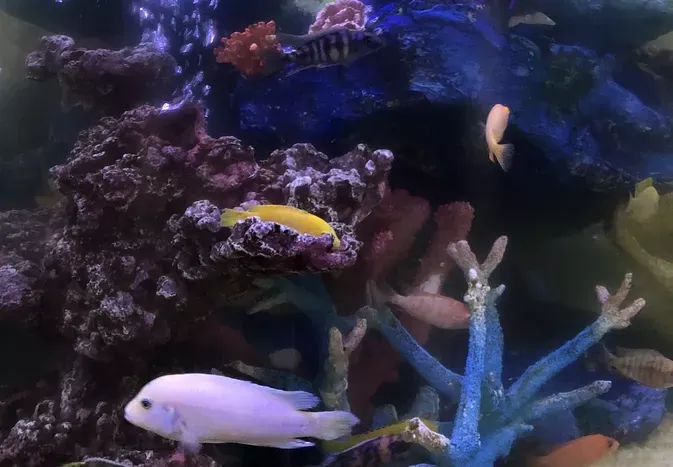
Freshwater Aquarium Filters
How to Deal With Cloudy Aquarium Water

Saltwater Aquarium Filters
How Do You Remove Chloramines From Tap Water?

Freshwater Aquariums & Habitat
Can I Keep My Koi Fish Inside?
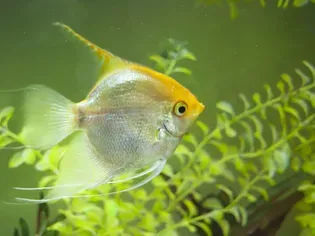
Saltwater Aquariums & Habitat
14 Best Floating Plants for Your Aquarium
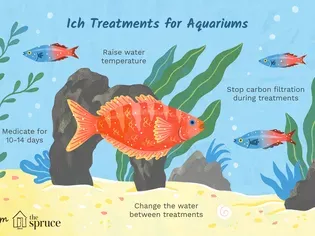
Freshwater Fish Health
How to Treat Ich on Freshwater Fish
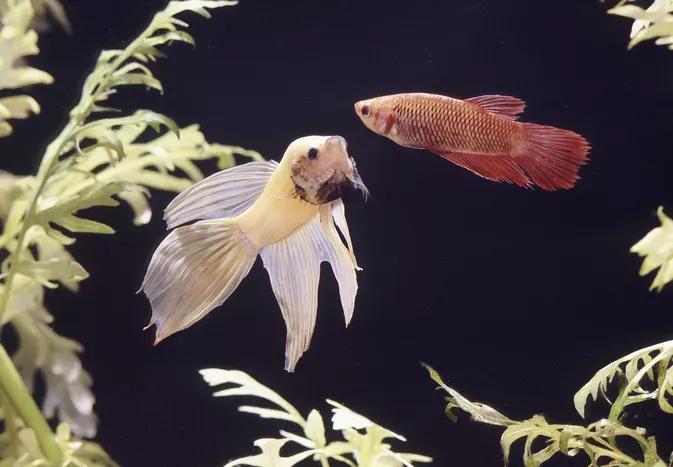
Saltwater Fish Health
Fin Rot in Aquarium Fish

Freshwater Aquarium Filters
How to Do Aquarium Water Changes
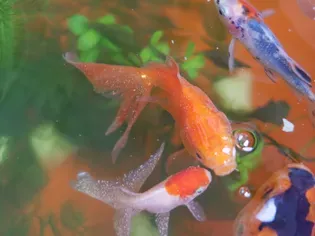
Saltwater Fish Health
How Do Fish Get Parasites?